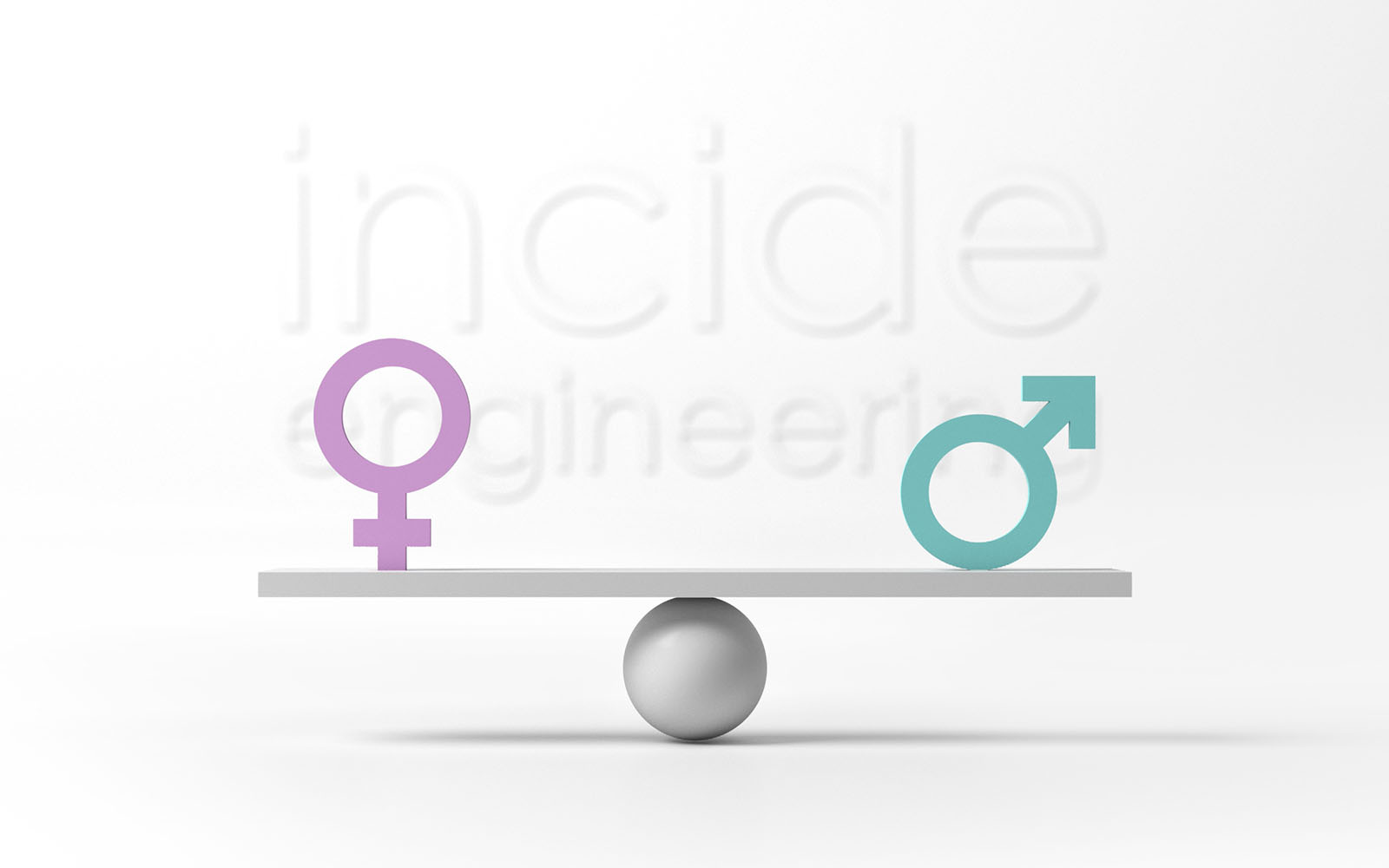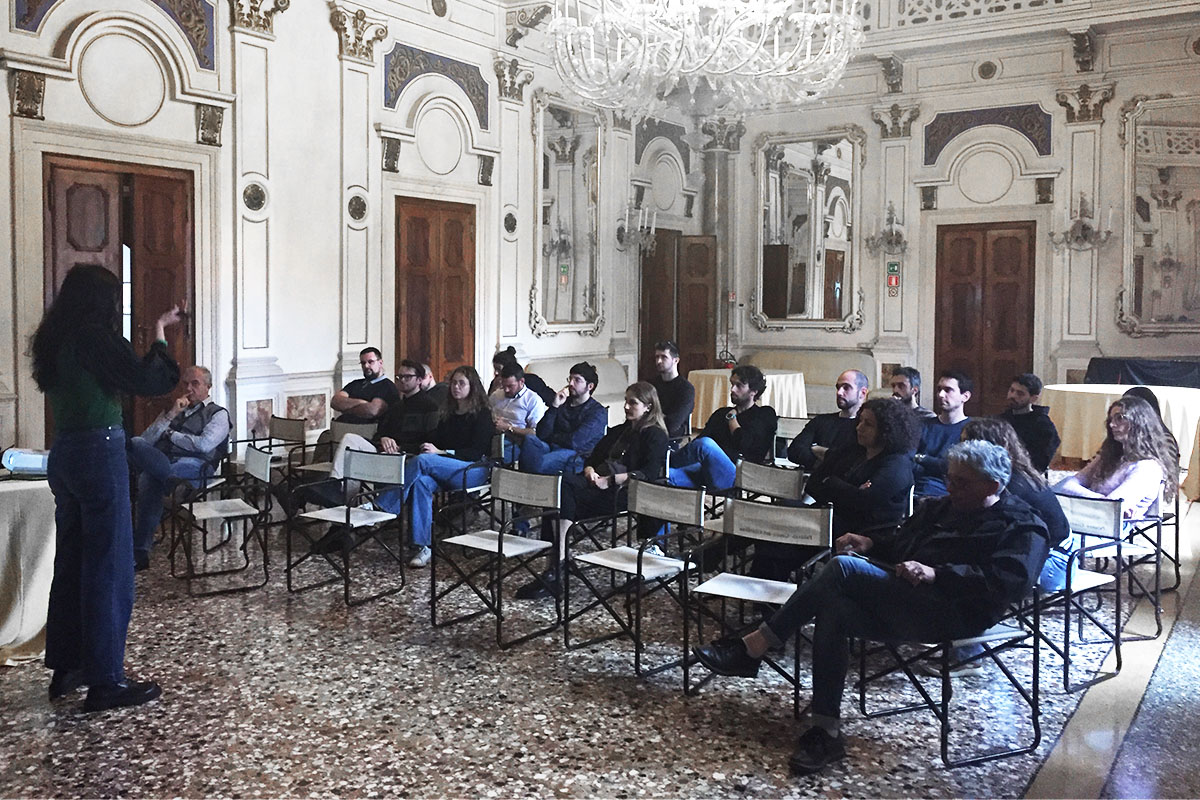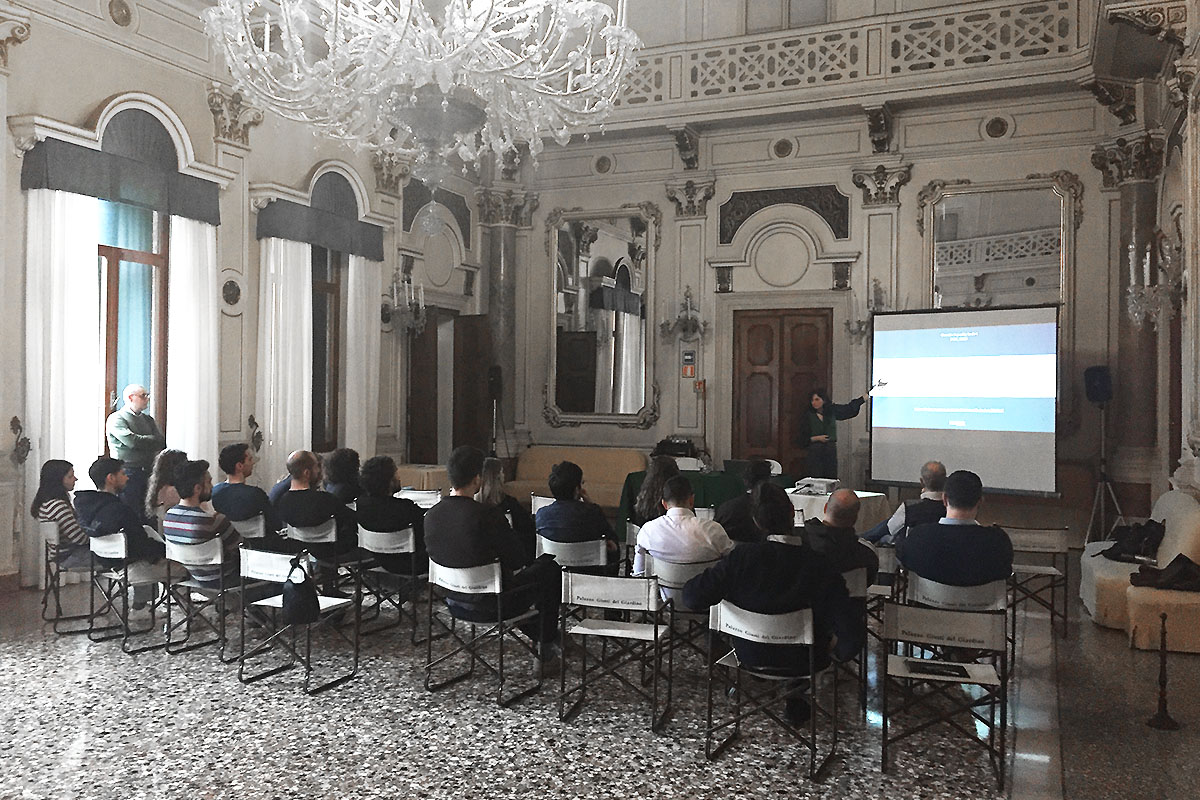There are more and more women engineers, but the gender gaps are widening: this is what emerges from the latest findings of the CNI (National Council of Engineers) Study Centre.
Even today, women find it more difficult to find work, to remain in the labour market, to undertake career paths and top positions equal to those accessed by men, and to be paid the same as their colleagues for the same tasks performed.
As we shall see, however, gender inequality also occurs in other spheres, involving more aspects of women’s working lives: but it’s possible and necessary to change the course of this path, orienting it towards a fair and equitable working ecosystem.
Female presence and gender gap in the engineering sector
Considering the engineering sector, the presence of women in Italy is growing at considerable levels. In 2010, female engineers made up 23% of the total, in 2021 30.8%. But the gender pay gap is close to 48%. However, in this changing scenario, nothing seems to change in the labour market and the gender gaps it manifests.
The growing trend of increasingly motivated and qualified women is not matched by a decrease in the gender pay gap. On the contrary, the problem seems to be worsening and should be tackled with new policies and instruments to support families and women, capable of triggering a real change of pace that puts an end to the subordination of women in the labour market, which benefits no one.
The areas affected by the gender gap can be multiple, such as:
1. Selection and recruitment
2. Career management
3. Pay equity
4. Parenting and care
5. Work-life balance
6. Abuse and harassment
There’s a clear need for widespread empowerment in the workplace, drawing on all resources to create a fairer and safer society and culture for women engineers and all women.
Incide’s path to gender equality
The Management of Incide Engineering is pursuing theobjective of creating an increasingly inclusive working environment, with no distinction between men and women, no different treatment, but equal rights, equal duties and equal opportunities. This is why it has embarked on a path to implement a management system for gender equality and obtain certification according to UNI/PdR 125:2022 Practice by an Accredited Body.
The UNI/PdR 125:2022 practice defines the guidelines on the management system for gender equality and provides for the measurement, reporting and evaluation of gender-related data in organisations with the aim of closing any gaps that currently exist, as well as incorporating the new paradigm related to gender equality into the DNA of organisations and producing a sustainable and lasting change over time.
The aim is to ensure gender equality through concrete actions that meet personal, relational and work-related needs for all resources. For this reason, Incide has organised a training course on gender equality, but not only. In fact, this also wants to be a daily path to awareness, which starts fromactively listening to each person andanalysing everyday life: it is fundamental, in the first instance, to ask oneself questions about one’s own individual behaviour in order to strengthen collective awareness and responsibility, which concerns each and every one, starting from verbal, often unconscious actions. As the contributors to Incide write:
«Language in this scenario doesn’t seem to be the most important thing to pursue, but it’s instead the one from which all the others start, because the way we name reality’s also the way we end up inhabiting it.
Women don’t need protectors or protégés, but allies who want to take on together not the blame, but the responsibility of creating a safer and more equal society and culture for the female gender».




